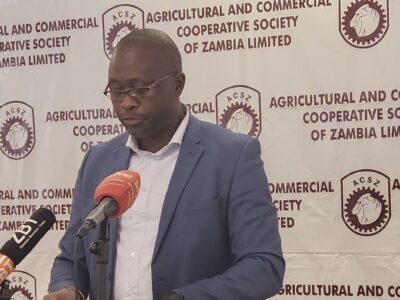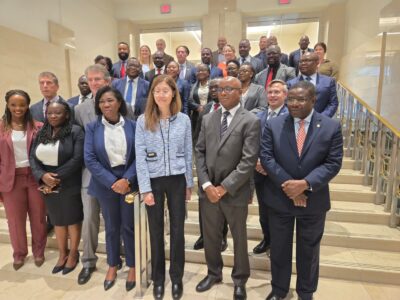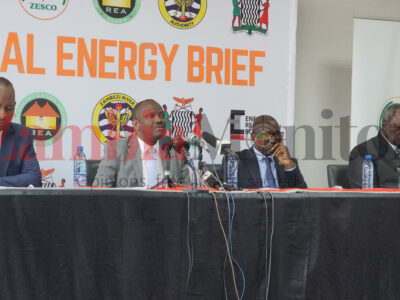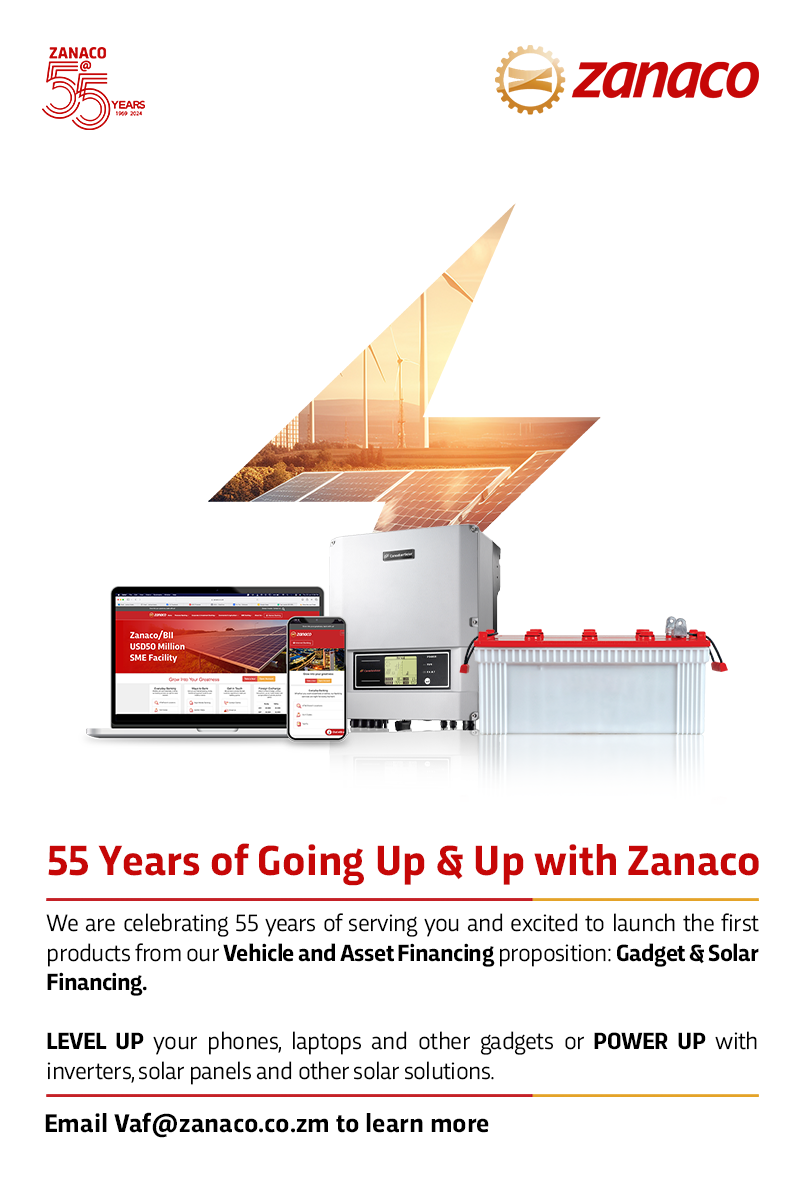The African Development Bank (AfDB) has made allegations against the global debt architecture, accusing it of making debt restructuring mechanisms difficult to implement by affected countries.
According to the AfDB, the G20 Common Framework needed an overhaul to create a functional debt resolution mechanism for countries in need, given the systemic delays in concluding the debt restructuring process.
This is contained in the AfDB Macroeconomic Performance and Outlook 2024 report released on Friday.
The AfDB recalled that Chad, Ethiopia, Ghana, and Zambia applied for external debt treatments under the Common Framework for Debt Treatment.
It, however, regretted that only Chad had reached an agreement with its main creditors (bilateral creditors and the largest private creditor), in November 2022.
“For Zambia, the Official Creditor Committee provided financing assurances, which paved the way for the International Monetary Fund’s (IMF’s) approval of an Extended Credit Facility–supported programme in August 2022.
“A memorandum of understanding detailing the exact parameters of the debt treatment with bilateral creditors is currently being finalised, more than two years after Zambia made the request, while negotiations with bondholders are ongoing,” the AfDB stated.
Read more: US, African Development Bank forge ties to boost food production in Africa
Ghana also submitted a request for debt treatment under the Common Framework in December 2022.
In Ghana’s case, an official creditor committee was formed, and financing assurances were provided in May 2023, allowing the IMF to approve a programme in the same month.
In January 2024, Ghana reached an agreement with its official creditors under the G20 Common Framework, on a comprehensive Debt Treatment Beyond the Debt Service Suspension Initiative.
Ethiopia also requested treatment under the Common Framework in February 2021, and an official creditor committee was formed in September of that year.
However, the process was delayed by political and security issues and has only recently resumed.
The AfDB noted that with private creditors accounting for more than 50 percent of the next two years’ debt service payments, debt restructuring mechanisms should bring private creditors to the negotiating table.
Key proposals included forming an expanded creditor committee with private lenders to smooth coordination challenges and establishing a Comparability of Treatment formula to minimise technical disputes.
The AfDB also recommended bolder use of the IMF’s lending into official arrears policies to reduce the leverage of holdout creditors.
“Proposals under the Global Sovereign Debt Roundtable, co- chaired by the IMF, the World Bank, and India (G20 Presidency), will be critical to address shortcomings in the debt restructuring processes,” the bank stated.
WARNING! All rights reserved. This material, and other digital content on this website, may not be reproduced, published, broadcast, rewritten or redistributed in whole or in part without prior express permission from ZAMBIA MONITOR.













Comments